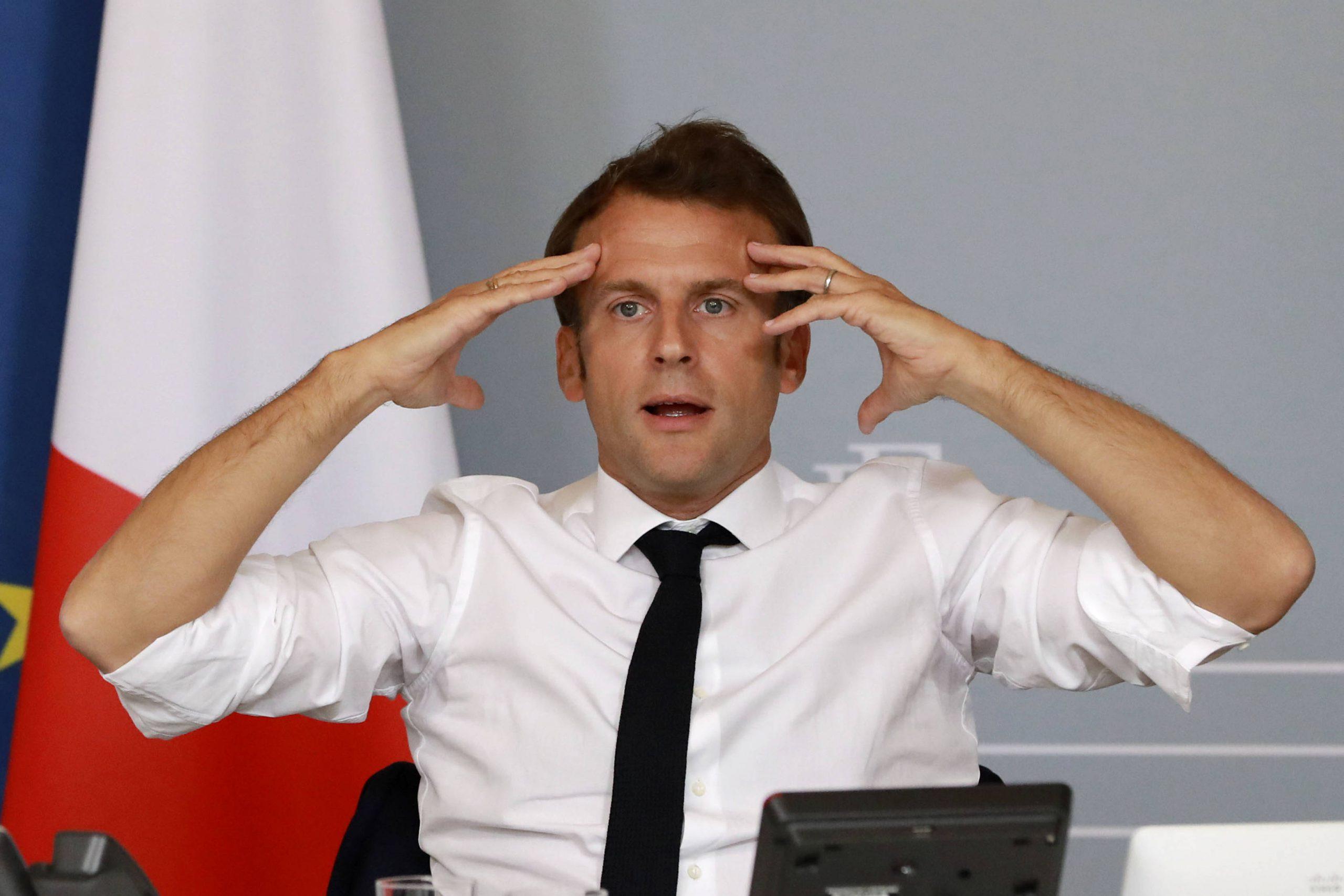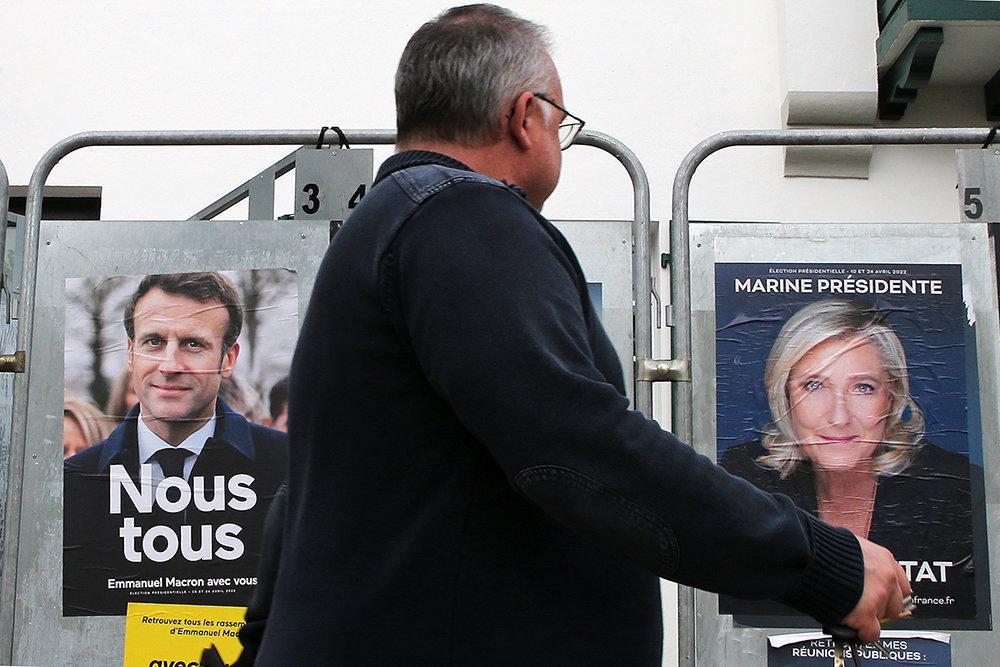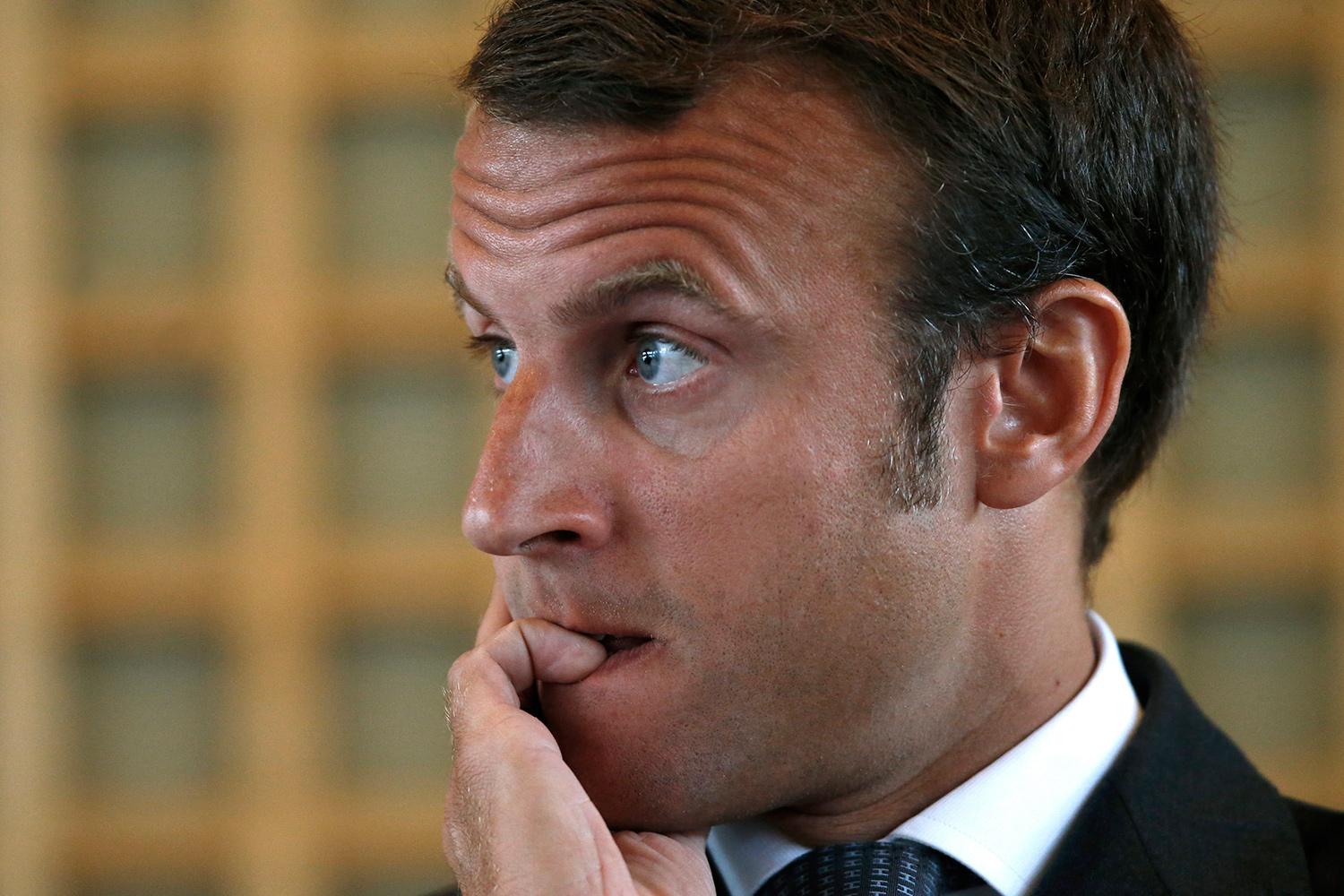European Parliament elections: French voters knock Macron down Marine Le Pen buries "Renaissance"
On June 9 evening, the Élysée Palace was filled with anxiety as preliminary results of the European Parliament elections were awaited. Despite an active campaign by official Paris, the balance of power in the European Parliament is evidently shifting to the right, marking a logical failure for Macron's "Renaissance" party.
In the European Parliament elections held in France, the ruling party "Renaissance" suffered a crushing defeat. In contrast, the far-right party "National Rally," led by Marine Le Pen, achieved an impressive victory, garnering twice as many votes as Macron's party (32% versus 15%). This result delivered a powerful blow to the centrist camp and forced President Macron to take desperate measures.

The triumph of the "right" not only demonstrated the growing dissatisfaction of French citizens with the current leadership but also indicated significant changes in the country's political landscape. Disillusioned with Macron's policies, voters overwhelmingly supported the "National Rally," signalling a deep crisis of trust in the ruling party.
Dissolution of parliament: Emotional step or pragmatic calculation?
After the resounding defeat in the European Parliament elections, President Macron announced the dissolution of the National Assembly. "I cannot act as if nothing has happened. I am dissolving the National Assembly," he declared on June 9 evening. Macron announced early parliamentary elections for June 30, with the second round scheduled for July 7. He emphasized that this decision was an act of trust in the French people, giving them the opportunity to determine the future of the parliament through elections.
At first glance, Macron's decision might seem like an emotional reaction to his party's defeat. However, this step conceals a deep and calculated political strategy. The Élysée Palace recognizes that the trends leading to the June 9 electoral failure will persist in the foreseeable future. The issues on which Le Pen's National Rally gained political points—migration, economic problems, foreign policy failures, and colonial crises—will only intensify. All these issues remain relevant and require immediate solutions.
Macron's calculation is based on the understanding that nationalist sentiments in society are not waning, and the aforementioned problems will continue to significantly influence the political situation. Therefore, the President of France decided to give the people the chance to express their opinions through new elections, hoping for a reboot of the political system.
National Front against Le Pen: Macron's last chance?
Macron realizes that ignoring the devastating defeat in the European Parliament elections could lead to mass protests. In the current situation, he has one last chance: to play on the fears of the liberal part of French society and form a "national front against Le Pen."
Creating such a front requires significant efforts to mobilize liberal and centrist voters who are concerned about the rise of right-wing sentiments and their potential consequences for French society. Macron intends to use this anxiety to consolidate support around his political course.

The possible formation of a "National Front Against Le Pen" implies the unification of all opponents of the right into a single political coalition.
However, the implementation of this strategy comes with a number of challenges. First, Macron must convince sceptics that his course can address current problems and lead the country to stability. Second, he needs to overcome internal disagreements and unite various factions under the common banner of fighting the far-right.
Internal and external challenges of France
The defeat of Macron's party in the European Parliament elections once again highlights the deep problems facing France. The migration crisis continues to worsen, the country's economy remains unstable, and foreign policy faces serious challenges. France's colonies are demanding independence, which only exacerbates the overall situation.
The migration crisis, which began several years ago, continues to exert significant pressure on France's social and political stability. The continuous influx of migrants strains infrastructure, increases societal tensions, and contributes to rising crime rates. At the same time, the economic situation in the country remains unstable, leading to rising unemployment and a decline in the standard of living for the population.

In foreign policy, France faces numerous challenges. Failures to resolve conflicts in the "overseas territories," as well as clumsy attempts to respond to international crises, undermine France's authority on the world stage.
Failed attempt to win elections
Macron and his government have found themselves in a deadlock due to their own poorly thought-out actions. A lack of strategic vision and inability to effectively govern the country have led to failures in all key areas. Le Pen's party skillfully capitalized on these failures, offering voters simple and radical solutions, which allowed them to gain the support of a significant portion of the population and win the elections.
Thus, the defeat of Macron's party in the European Parliament elections was not only political but also symbolic. It showed that French society is ready for change.
Conclusion
The situation in France remains extremely tense. Despite President Macron's decision to dissolve parliament and hold snap elections, the situation is likely to worsen. In the wake of Macron's knockdown, France has entered a period of political turbulence. The French demand change.








